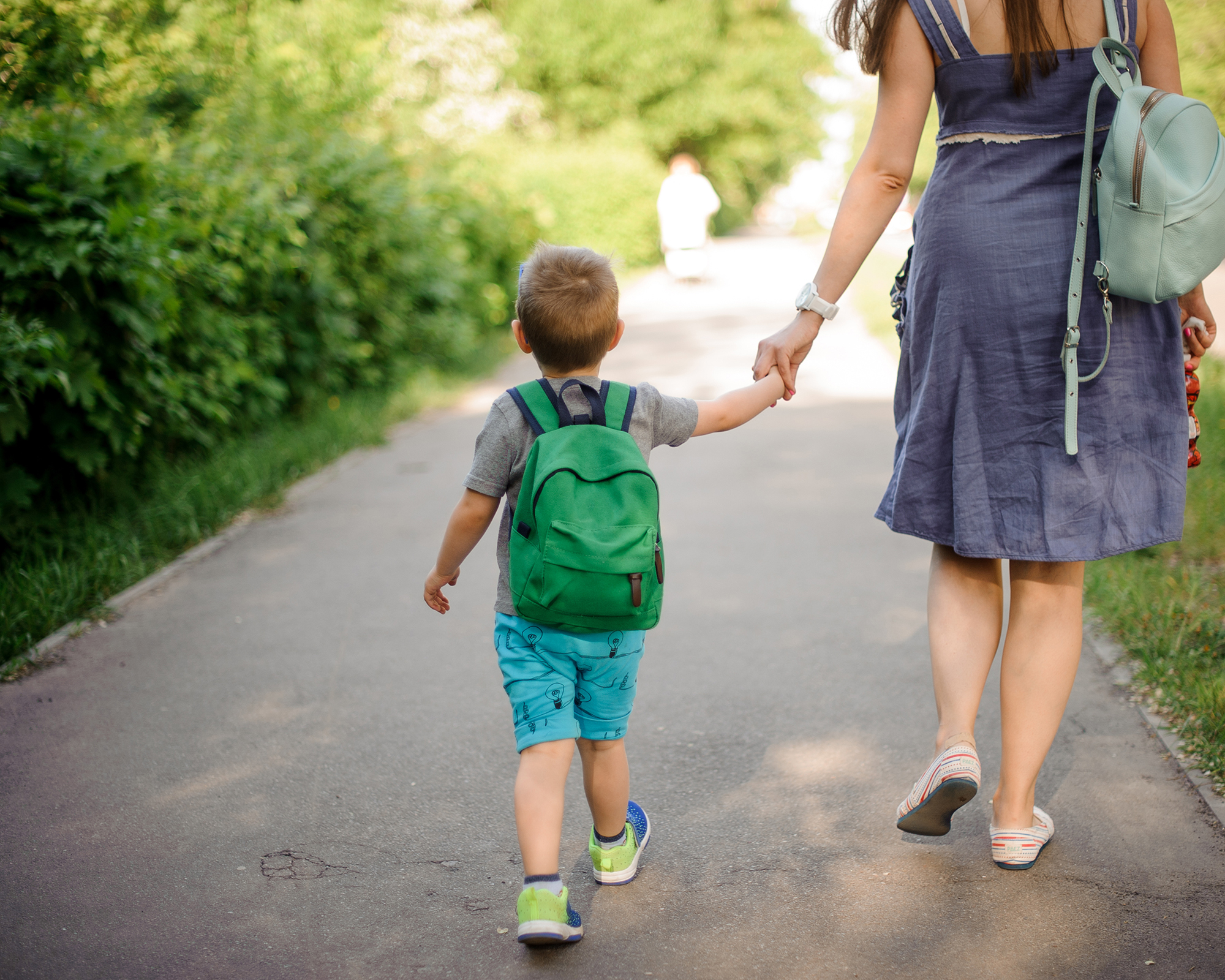Power struggles are common, especially during high stress times like a pandemic. They’re exhausting for parents and for children. Let’s dive into ways to ease these moments by getting to the root of the problem.
Challenging behaviours give rise to teachable moments
Identifying how to self-regulate and develop skills to cope and recover from stress and build resiliency is an ongoing learning process for children. The goal is not to control children and make them obey but to give them skills for making decisions and be responsible for their own behavior.
Let’s talk about “pick your battles”
If your child or someone else’s health or safety is in question step in, otherwise back away slowly. If your child needs to be their own boss, without harm to anyone or anything, consider and support their independence. For example: parents must buckle their child into a car seat for safety however their child can choose their own clothes from several options.
Switching gears and pivoting
When a situation is not going well and the child is getting upset. This may seem to some like the child is “taking control”. However, what is really happening is the parent is assessing the situation and making a choice for change for everyone’s benefit. This approach involves helping the child find an alternative activity that is similar to what they were doing. “I can’t let you throw your truck, but you may throw the ball outside.” or “You may not kick the door, but you may kick this ball.”
When given a choice a child will make a choice
Instead of “Do you want to go to bed now?” try “It is bedtime. Do you want one story or two?” or another example “It is time to go to the car. Do you want to walk with giant steps or tiny steps?” As children grow older, they may be offered a wider variety of choices and be supported in accepting and then learning from the consequences of their choices.
Humor is the best medicine
“I really need some help getting these wiggly, giggly toys in the silly, willy basket,” in place of “Put the toys away!” Think of fun ways to do things like turning off the lights and giving your child a flashlight to find toys to put away.
Stay focused on supporting your child’s self-reliance
When you ask your child to put the toys away and they say “No” and begin to whine. Try saying “In 5 minutes we’re going outside to play (go for a walk, eat lunch, etc.) put the toys away and let me know when you’re ready to go outside to play.”
Noticing makes an enormous difference
Most children spend a great percentage of the time behaving appropriately, and parents need to notice. Behaviour that is reinforced will continue to grow and develop “You shared your snack with your sister.” ‘Thank you for putting your toys away.” “You got dressed all by yourself.”
Communicating clear boundaries and consistent expectations gives children a stable environment to develop self-regulation to efficiently and effectively deal with stressors and then recover.
If there are any topics or you have any concerns that you would like Sophie and Nicole to cover please send us an email here.

